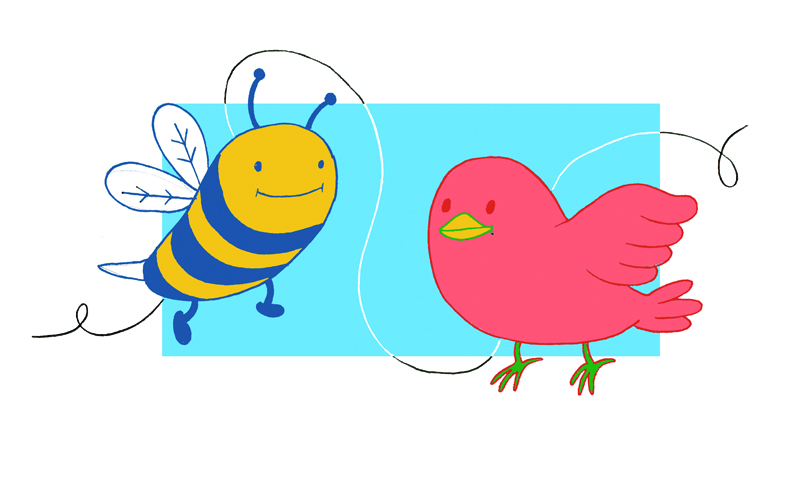Quebec’s sex education plan for children is the right way to demystify the body
Sex education is a tricky topic. For years, we as a society have tiptoed around the idea of implementing a program aimed at providing a greater understanding of sex in elementary schools. Now, Quebec school boards and other provinces, including British Columbia, Alberta and Ontario, are attempting to do just that.
This coming September, all Quebec elementary and high schools will implement sex education, even in kindergarten. At age five, young Quebecers will learn the proper terms for female and male body parts and be taught how a baby is made, according to CBC News. In grade one, students will learn about gender stereotyping and will be introduced to the issue of sexual assault. At ages 10 and 11, students will learn about the importance of cyber safety and how to identify predators and dangerous situations.
Society today mainly approaches the topic of sex as a uniquely adult conversation. In my opinion, sex education shouldn’t have a minimum age, and it’s reckless to exclude children from this conversation. According to the Canadian Women’s Foundation, 96 per cent of Canadians believe all sexual activities should be consensual, but only one in three Canadians understand what giving consent means. This is an issue that needs to be addressed early on, and it starts with knowledge of the body and natural human impulses. When children learn about their genitals and why they may have urges and needs, they will begin to understand how they can satisfy those urges, in a sex-positive and age-appropriate way. Without these steps to understand the issue, those urges get suppressed and shamed. This can cause an abundance of emotions and overall confusion, according to The Guardian.
According to CBC News, understanding one’s body and the bodies of those around you could be a catalyst for a healthier body image. A healthy body image is when a person understands their body and feels comfortable in their own skin. If a person understands how their genitals function and understands that they shouldn’t be ashamed, they can be confident with themselves. We must demystify our body because, after all, it makes up who we are.
According to CBC News Toronto, over 100 parents pulled their children out of Thorncliffe Park Public School and started homeschooling them due to a similar curriculum change at the school in 2015. The principal tried to convince parents to send their children back to the school, but they refused. Many of these parents claimed the content was being presented too early and is dangerous for children, reported CBC News Toronto.
I understand how the change in curriculum could be a shock for parents. However, I think it is detrimental and irresponsible for parents to think their children should not receive sex education, especially in 2018. No matter what, students today—young children included—are exposed to sex more often in entertainment, with easily accessible internet porn and explicit images. It’s difficult to avoid such subjects, so early sex education arms children with knowledge to help them make proactive decisions and have more confidence when doing so.
Another misunderstanding is that receiving sex education at a young age could be a catalyst for kids having sex earlier. The reality is that people have sex when they’re young regardless. According to the Ontario Physical and Health Education Association (OPHEA) and Statistics Canada, 35 per cent of Canadian youth reported having their first experience of sexual intercourse before the age of 17, and more than 68 per cent reported having intercourse before 20.
It’s naive to assume these numbers would increase because of a better understanding of sex and health. Sex education does not encourage sexual activity among young students; it teaches them necessary information about the topic. I believe teaching young children about sex is vital to creating an educated, respectful and empathetic future generation.
Graphic by Alexa Hawksworth




